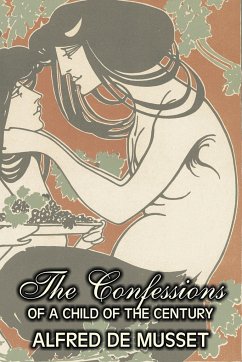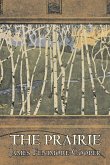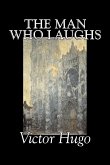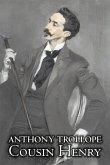The tale of his celebrated love affair with George Sand in 1833-1835 is told from his point of view in his autobiographical novel La Confession d'un Enfant du Siècle (The Confession of a Child of the Century) (1836), which was made into a 1999 film Children of the Century and a 2012 film The Confession of a Child of the Cenrury and is told from her point of view in her Elle et lui (1859). Alfred Louis Charles de Musset was a French dramatist, poet, and novelist. After attempts at careers in medicine, law, drawing, English, and piano, he became one of the first Romantic writers. He was the librarian of the French Ministry of the Interior under the July Monarchy, but was dismissed from his post as librarian after the revolution of 1848. He was appointed librarian of the Ministry of Public Instruction during the Second Empire. Musset received the Légion d'Honneur on April 24, 1845, at the same time as Balzac, and was elected to the Académie Française in 1852.
Hinweis: Dieser Artikel kann nur an eine deutsche Lieferadresse ausgeliefert werden.
Hinweis: Dieser Artikel kann nur an eine deutsche Lieferadresse ausgeliefert werden.








